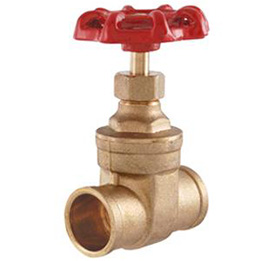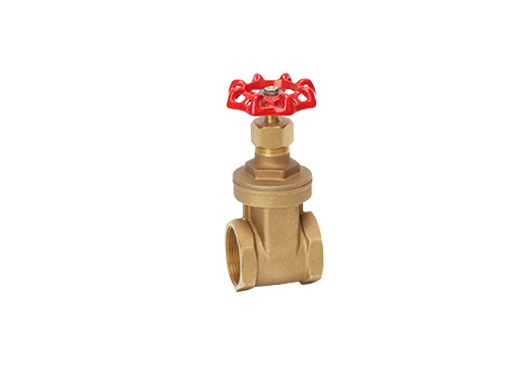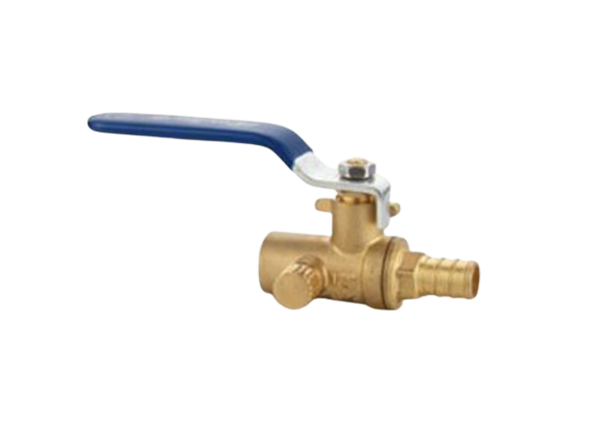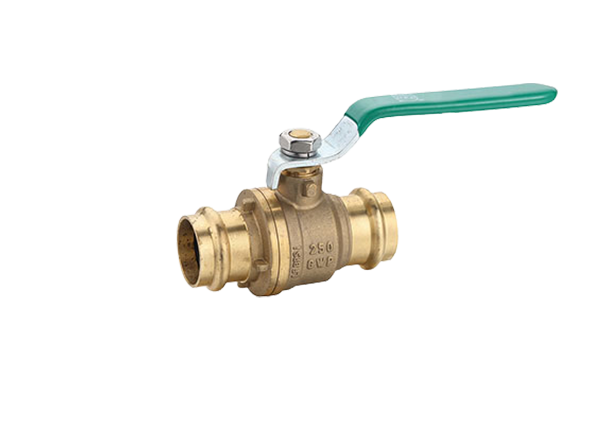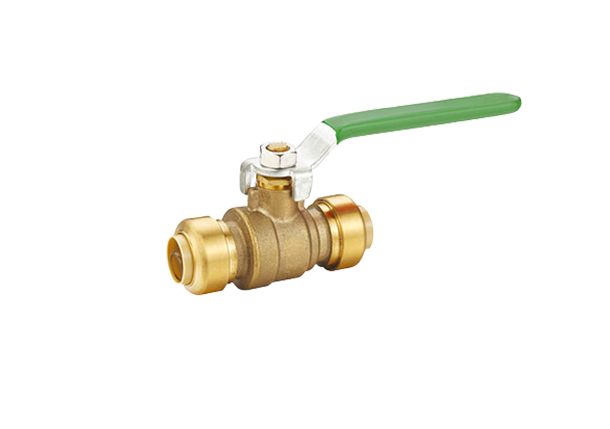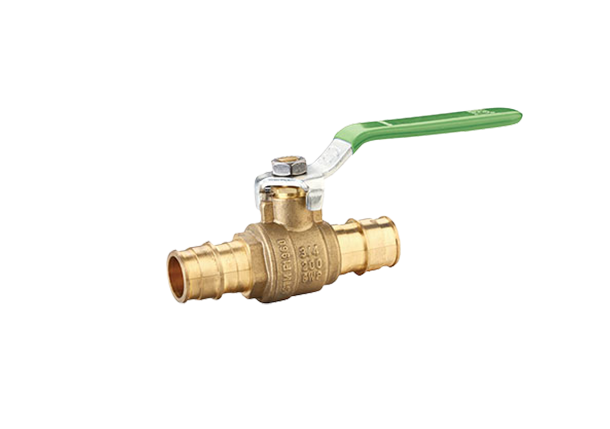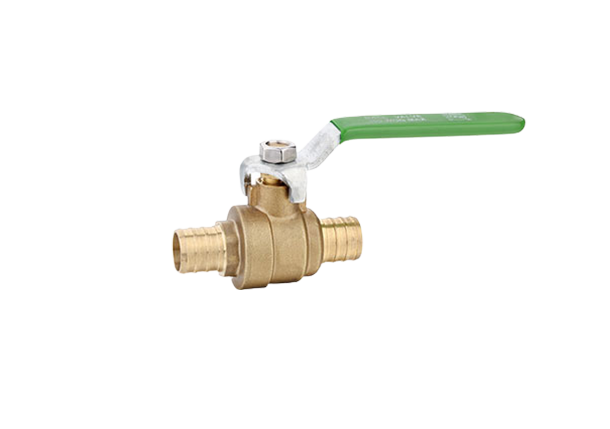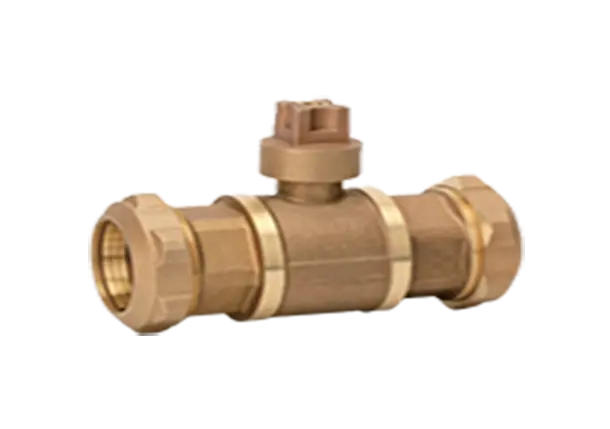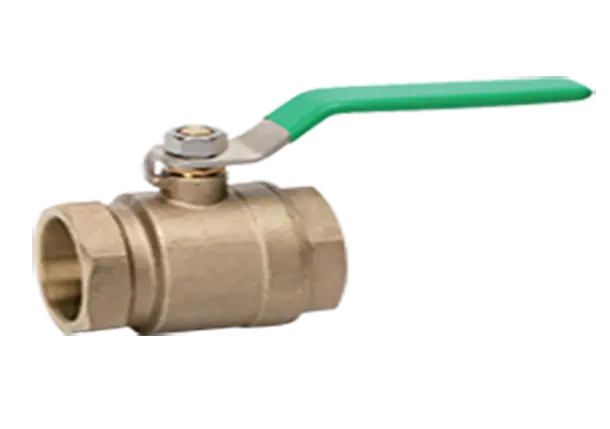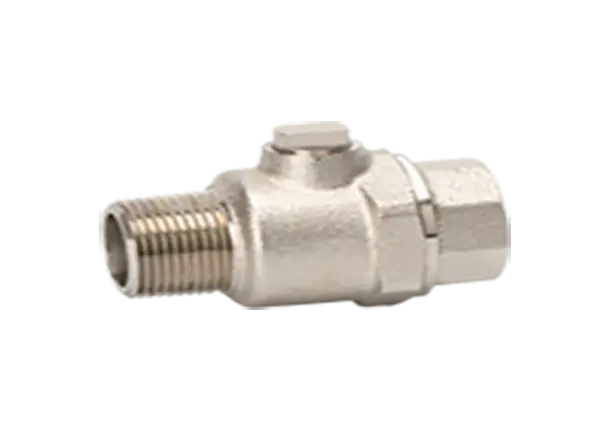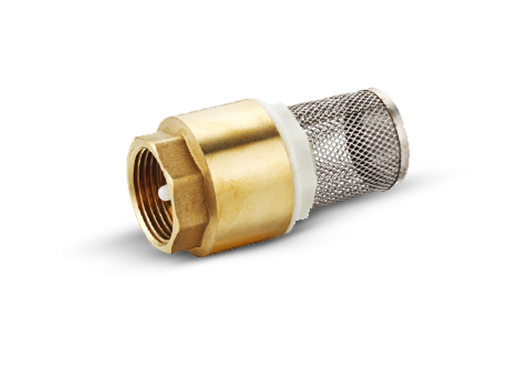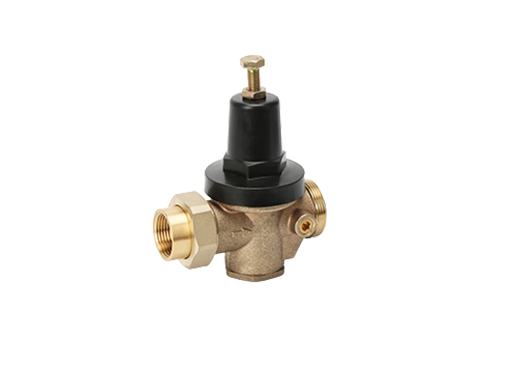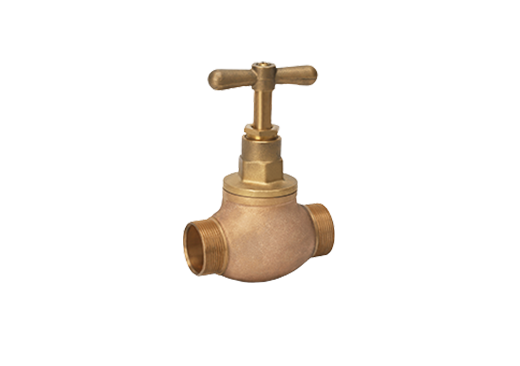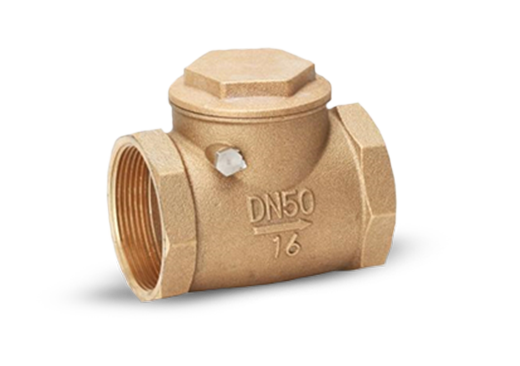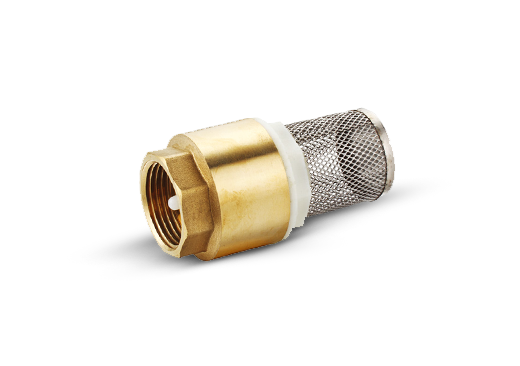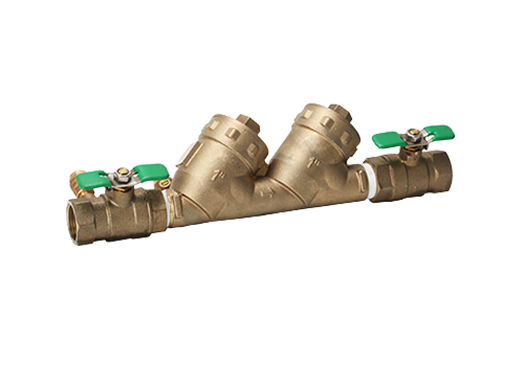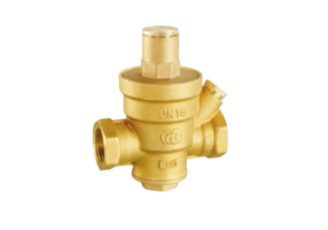Preventing Backflow: Why Boiler Ball Valve Matters
Boiler systems are the unsung heroes of many industries and homes, providing reliable heating and hot water. But there's more to maintaining a well-functioning boiler than just temperature control. One often overlooked yet essential component in a boiler system is the ball check valve, and understanding its role is crucial. In this blog, we'll explore why preventing backflow through a ball check valve is so vital for the efficient and safe operation of your boiler.
A ball check valve, often referred to as a boiler ball valve, is a simple yet highly effective component used in boiler systems. It consists of a spherical ball that is positioned inside a housing with an inlet and an outlet. When the fluid (usually water or steam) flows in the desired direction, the ball is lifted, allowing the fluid to pass through. However, when backflow pressure occurs, the ball is forced back into its seat, effectively blocking the reverse flow.
Preventing Backflow for Efficiency
The primary purpose of a ball check valve in a boiler system is to prevent backflow. Backflow can occur when there is a drop in pressure or when the system is turned off. If water or steam were allowed to flow backward into the system, it could lead to inefficient performance, loss of heat, and potential damage to the boiler. By ensuring that backflow is prevented, the ball check valve plays a critical role in maintaining the efficiency of the entire system.
Safety First
Backflow not only affects efficiency but can also compromise safety. In some cases, backflow can introduce impurities or contaminants into the boiler system, leading to corrosion, blockages, or even hazardous conditions. The ball check valve acts as a barrier against such safety risks, protecting your boiler and, by extension, your property.
Extended Equipment Lifespan
Boilers are significant investments, and their longevity is a key consideration. By preventing backflow, the ball check valve contributes to extending the lifespan of your boiler. A boiler that operates efficiently and without the risk of damage from backflow is likely to require less maintenance and have a longer service life.
Economic Implications
The economic implications of backflow preventer cannot be overstated. An efficiently running boiler consumes less energy and lowers operational costs. Additionally, the risk of boiler damage due to backflow is reduced, resulting in potential savings on repair and replacement.
The Guardian of Boiler Efficiency
The boiler ball valves, often underestimated in its significance, is a critical guardian of boiler efficiency and safety. By preventing backflow, it ensures that your boiler ball valves operates optimally, extending its lifespan and reducing maintenance costs. Understanding the role of the ball check valve in your boiler ball valves is essential for safeguarding its efficiency and reliability.
So, the next time you think about your boiler's performance, remember the unsung hero – the ball check valve – that quietly prevents backflow and helps maintain the warmth and comfort in your home or the productivity in your industrial processes.
Different Carbo Valves For Sale

